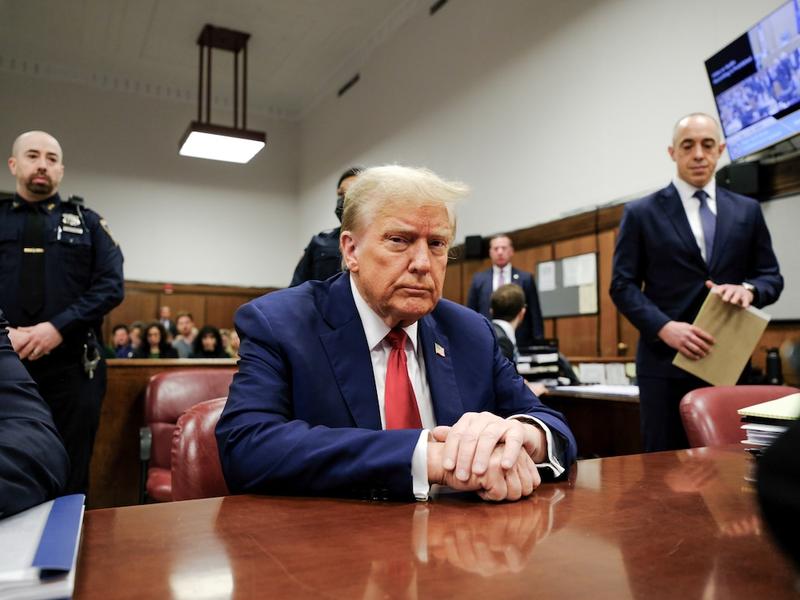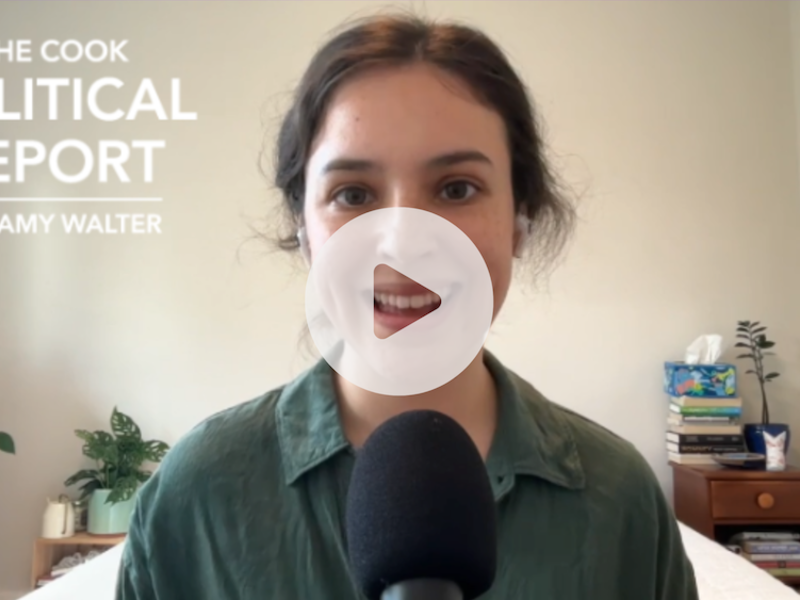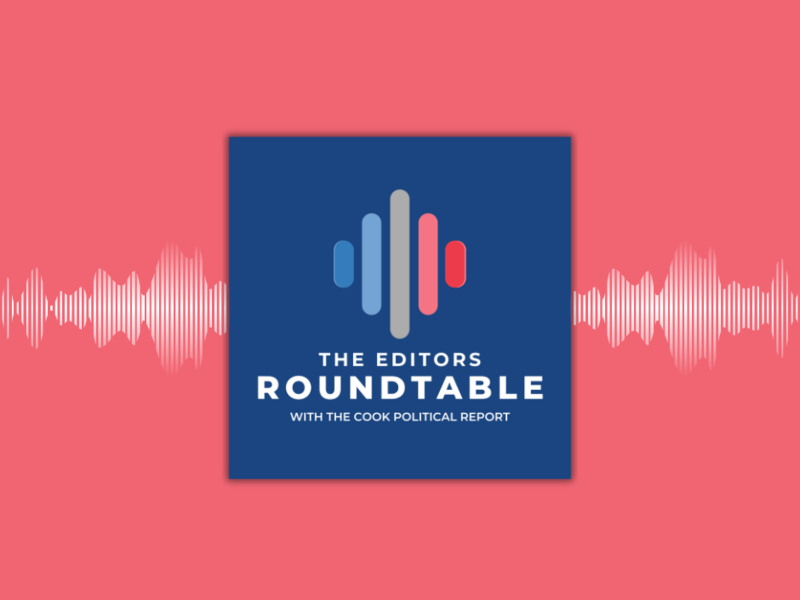
Many Democrats and progressives are almost apoplectic about what they see as a growing threat to democracy, personified by the actions and words of former President Donald Trump but undergirded by decisions from a new conservative majority in the Supreme Court that he helped create, as well as in state legislative chambers and governor’s offices. They display a palpable anxiety and dismay over a lack of recognition by what they see as a somnolent public.
I can relate. Having moved to Washington for college in September of 1972 and witnessed almost the entirety of the Watergate scandal, I was one of those who was breathless waiting for more shoes to drop. Many a night as a freshman or sophomore, I would go up to the Washington Post offices to be there when the first editions of the next morning’s newspaper would go on sale, sometime after 10 p.m. Other days, I would get up at the crack of dawn to read the papers—there was a great competition between the Post and the New York Times on the story—then go back to sleep until time to go to class or to work. I also managed to attend many of the Watergate hearings, led by Sens. Sam Ervin and Howard Baker, in what is now named the Kennedy Caucus Room in the Russell Senate Office Building (then known as the Old Senate Office Building).
While, to use President Nixon’s term, I may have “wallowed in Watergate,” I have watched very little of the Jan. 6 hearings live. It isn’t hard to get a pretty good synopsis on television or online each night. But I know plenty of people who are addicted to watching every witness, every twist and turn, a form of scandal porn not dissimilar to the fixation by the other side on the Benghazi hearings and stories about Hillary Clinton’s emails. But those so hooked on these stories usually believe that there is no level to which the other party would not stoop. Those on the other side can do nothing right while those on their own can do nothing wrong.
Rush Limbaugh used to frequently riff on what he called “the four corners of deceit”—government, the media, academia, and science. For him, the good sense of the common man or woman was of more use than any expert or institutional leader. That sentiment has clearly penetrated not just the Republican Party, but much of the electorate. It's become hard to overstate the cynicism among so many Americans. Instead of carrying high hopes of those in public life, they instead assume the worst of every elected official. It reminds me of the old joke about the guy who asks: “Why do so many people seem to take an immediate dislike for me?” The response: “Because it saves time.”
To be sure, the Jan. 6 hearings have been meticulously produced and executed, but many on the Left nonetheless remain stunned that they aren’t getting even more attention. If the purpose of the hearings were to draw blockbuster TV ratings and provide an “OJ moment,” where the country just comes to a stop as it focuses on only one thing, obviously the investigation and hearings have been a failure. But to the extent that the hearings were intended to maximize the chances that Donald Trump would never be president again, it may well be a success. As unpopular as President Biden is today and as misguided as many of his economic and legislative decisions have been, he’s still nominally ahead of Trump in a hypothetical 2024 matchup run by the New York Times/Siena College poll.
Roughly speaking, Trump effectively owns about half of the Republican Party’s base. The GOP’s “Never Trumpers” and “Over Trumpers” together make up about a fifth of the party base. That leaves about 30 percent in the middle. These are people who are sympathetic with many of his positions and the essence of his message, but wonder if he has become damaged merchandise. As the Times puts it, Trump "would not necessarily enter a primary with an insurmountable advantage over rivals like" Florida Gov. Ron DeSantis. Trump pulls just under 50 percent support against his potential GOP rivals in the poll, with DeSantis in a strong second place.
This column has argued before that there is a pretty good chance that Trump does not end up seeking the 2024 Republican nomination.
With only about a half of the party tucked away in his pocket, he might become too fearful of losing to jump in again. Or he may simply not relish the idea of having to fight for the nomination. Or the legal peril staring him down in Fulton County, Georgia, and New York state may make it impossible for him to focus on campaigning.
Should he decide to bow out, I would not hold my breath waiting for him to make that announcement or indicate those intentions. This is someone who craves the limelight and the attention and resists the thought that there could be a Republican Party after he departs the political scene. These hearings have taken their toll on him, and it’s now pretty clear that he would have a heck of a fight on his hands. My hunch is that he does not have the fight left in him.









Subscribe Today
Our subscribers have first access to individual race pages for each House, Senate and Governors race, which will include race ratings (each race is rated on a seven-point scale) and a narrative analysis pertaining to that race.